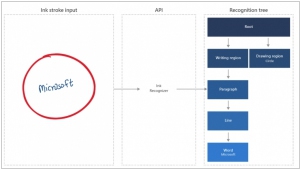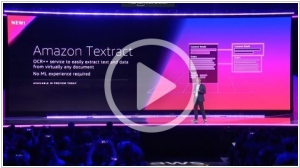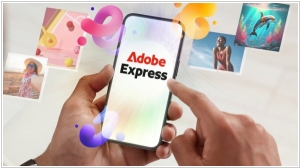Form Recognition services for business
Updated: July 31, 2023
Form recognition, also known as form data extraction, is a technology that automates the process of capturing and extracting data from structured forms. This sophisticated technology uses machine learning algorithms and optical character recognition (OCR) to recognize and extract information from different types of forms, such as invoices, surveys, and applications. Form recognition software can intelligently identify form fields, extract data, and categorize it into relevant data fields, eliminating the need for manual data entry. This automation streamlines data entry processes, reduces errors, and improves data accuracy and efficiency. Form recognition has widespread applications in industries like finance, healthcare, and human resources, where processing large volumes of forms is a common task. By leveraging form recognition technology, businesses can save time, optimize workflows, and enhance data processing, ultimately improving productivity and decision-making processes.
See also: Top 10 AI Platforms
See also: Top 10 AI Platforms
2019. Amazon launched AI OCR service - Textract
Amazon has introduced a new service called Textract for its Web Services customers, and it can be described as optical character recognition on a highly advanced level. Textract goes beyond mere text extraction from documents, as its name suggests. It possesses the ability to identify various document formats and their contents, allowing for accurate processing. This product has been specifically designed to recognize and extract text from tables and forms found within documents, including scanned receipts, tax paperwork, and inventories. It then generates structured data without requiring human intervention. Textract is capable of processing millions of pages within a matter of hours, thereby reducing document processing costs. What's more, customers can utilize Textract even without prior experience in machine learning.
2019. Microsoft launched cloud APIs for form and handwriting recognition

Microsoft has unveiled a range of new cognitive services on its Azure Machine Learning cloud platform, catering to various document-related needs and offering enhanced capabilities. Among these services are the Ink Recognizer and Form Recognizer, which enable the conversion of handwritten text and paper documents into digital text and data. Additionally, the Conversation Transcription service facilitates the transformation of phone dialogues into text, with the ability to identify the author of each phrase. Another notable addition is the Personalizer service, which delivers personalized recommendations to website and online store visitors based on their behavioral patterns. Furthermore, Microsoft has introduced a user-friendly visual interface for creating machine learning models, empowering marketers and other professionals to engage with machine learning. By simply uploading the database and specifying the desired predictive parameter, users can explore the potential of machine learning in their respective fields.


